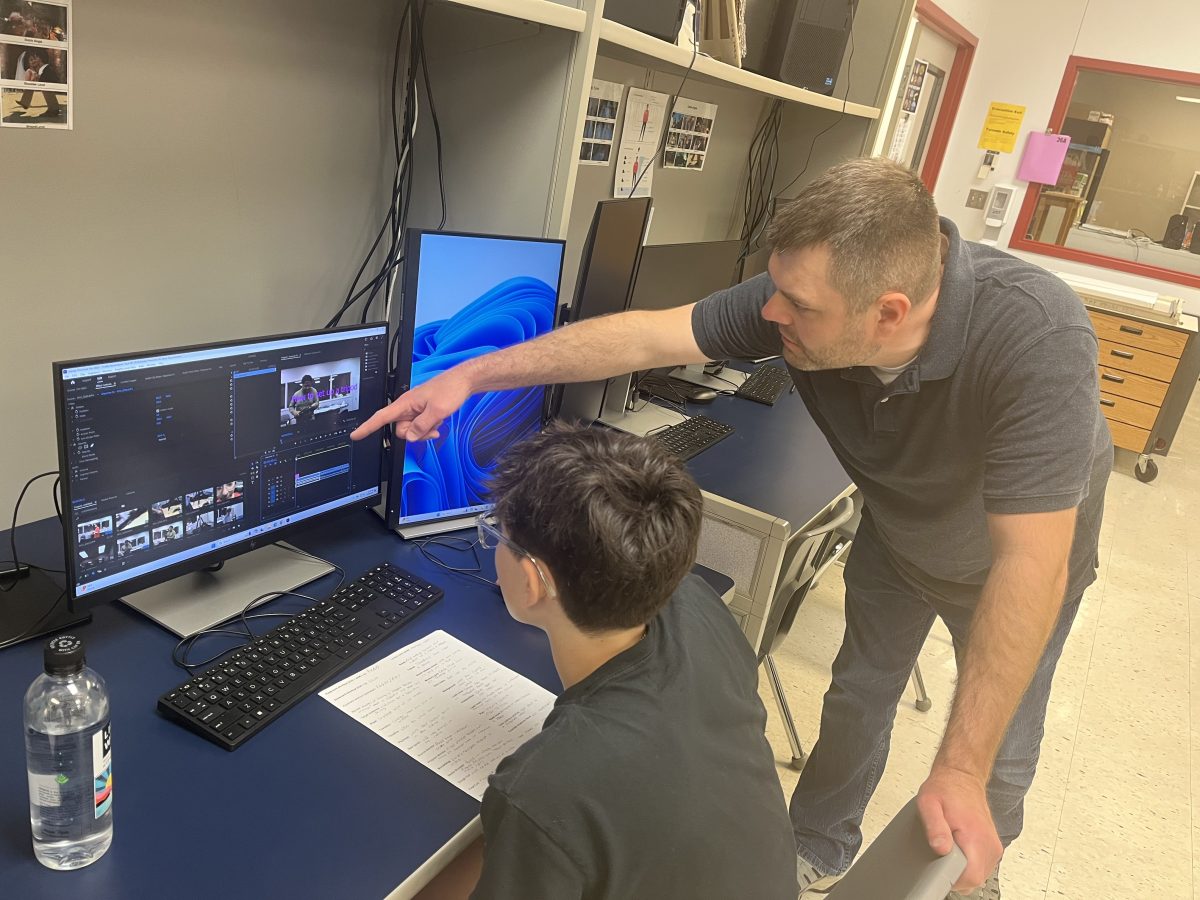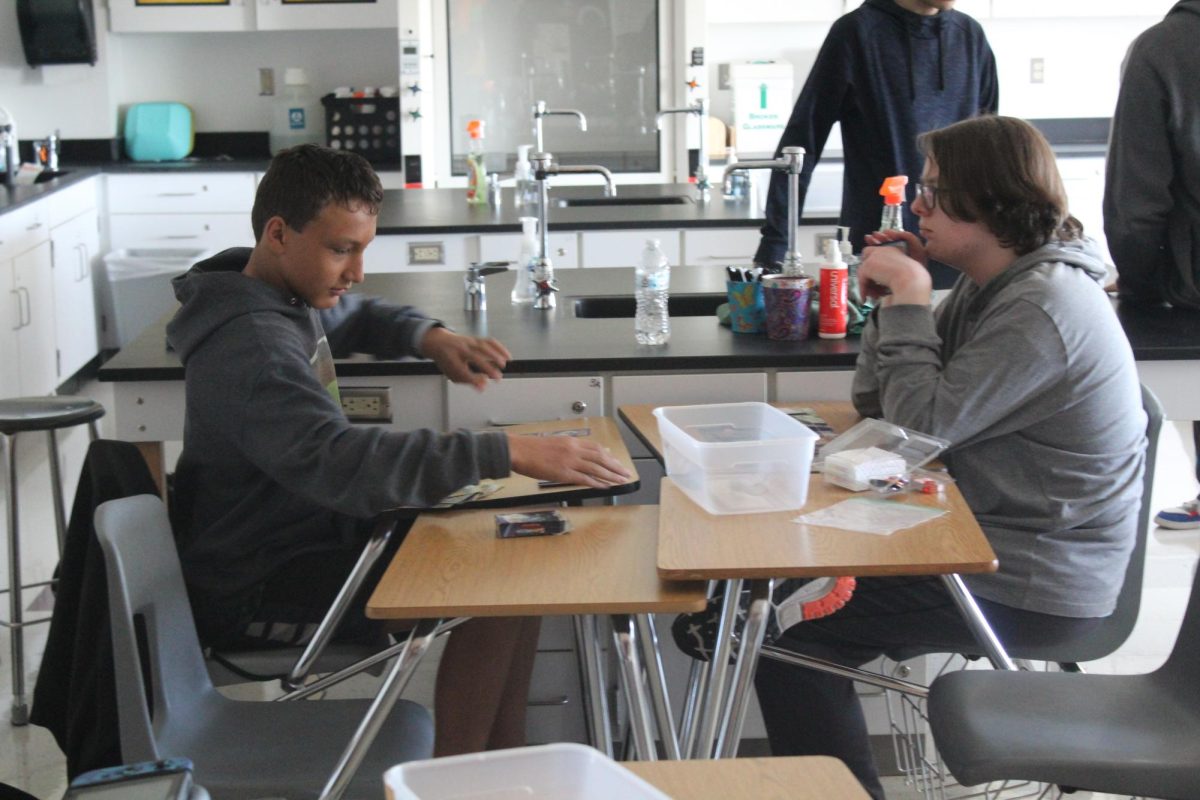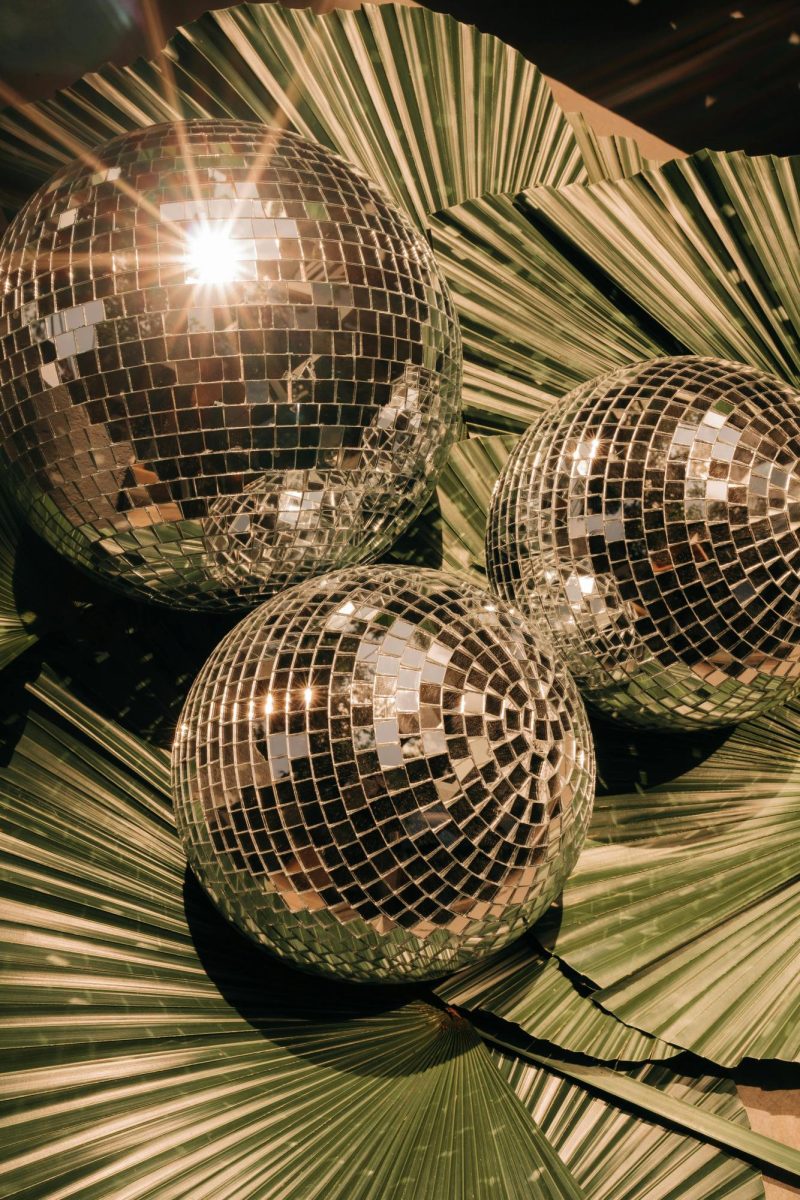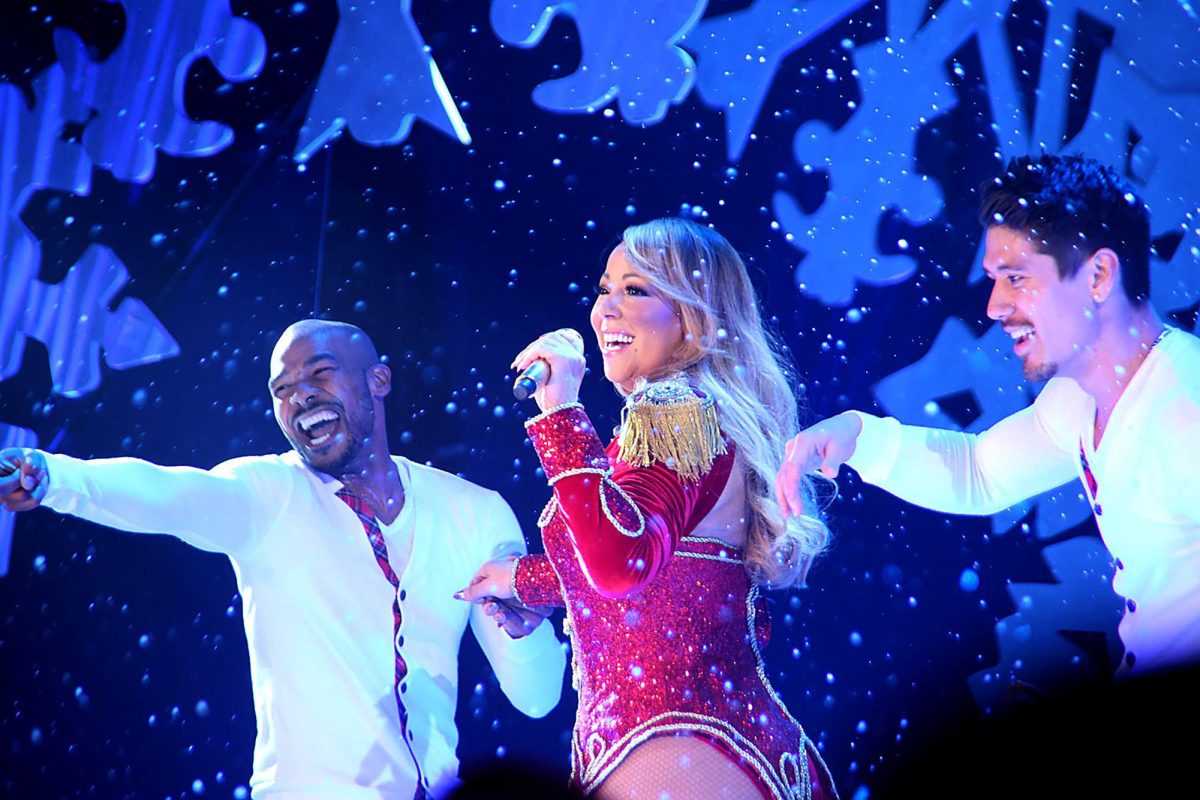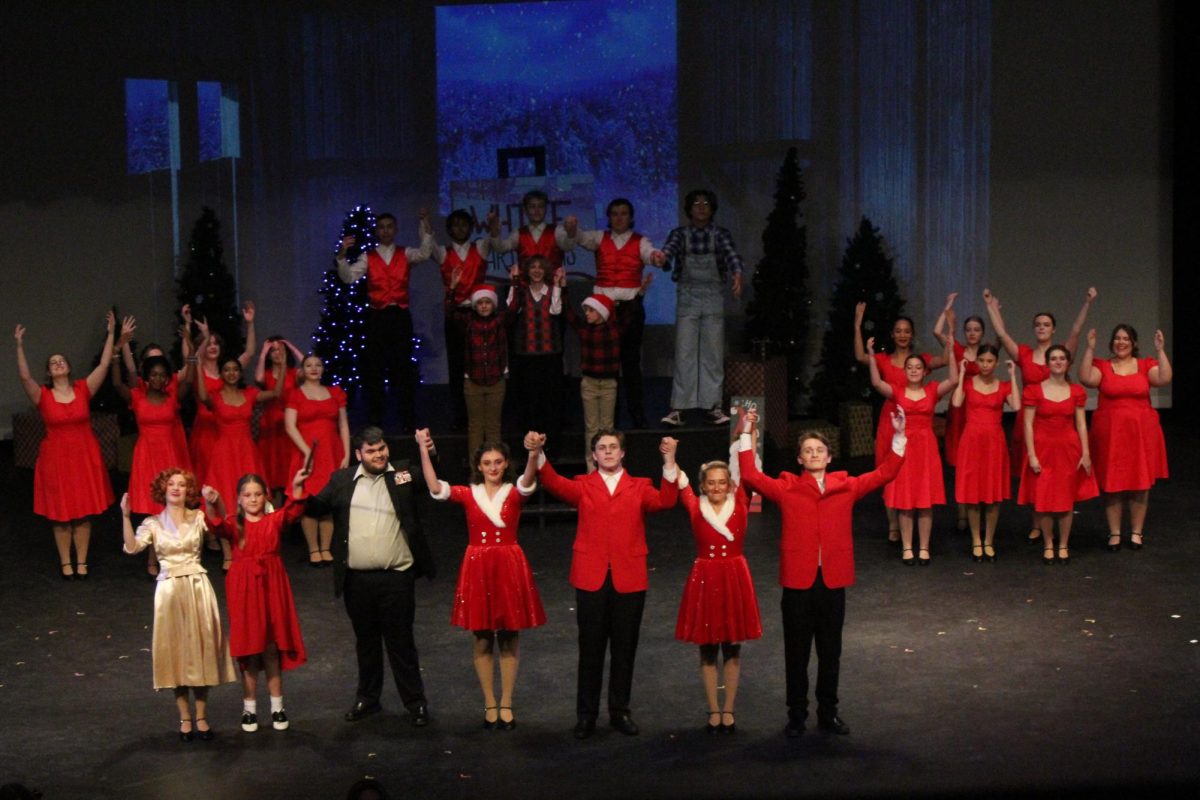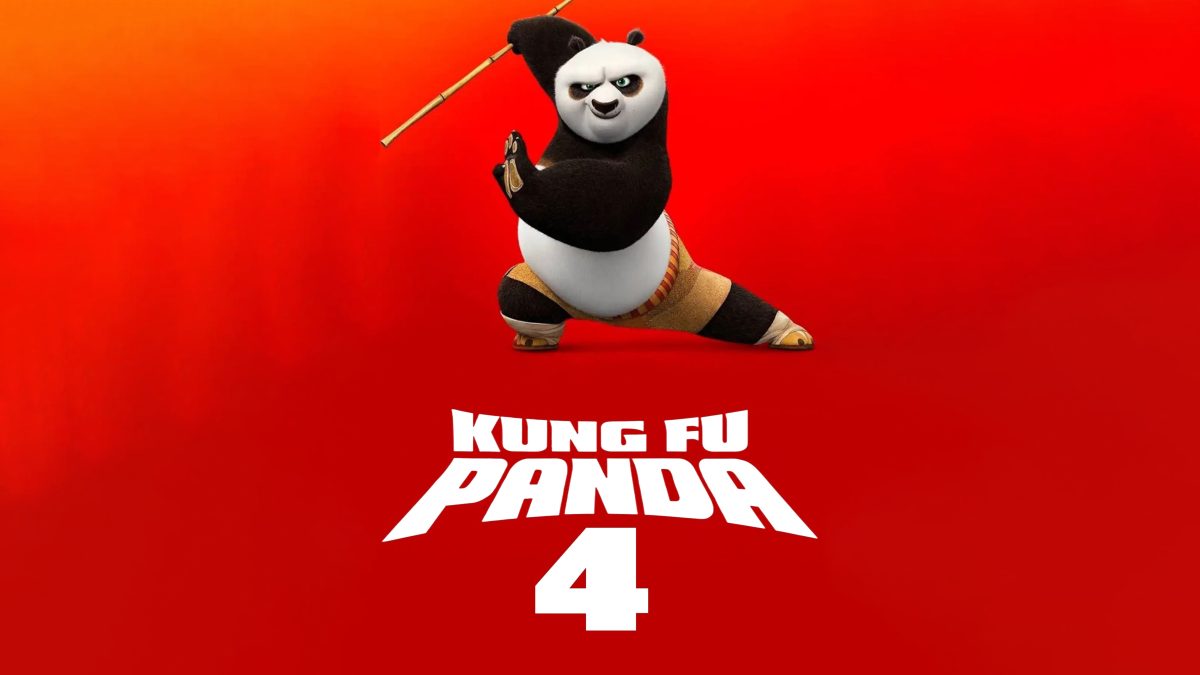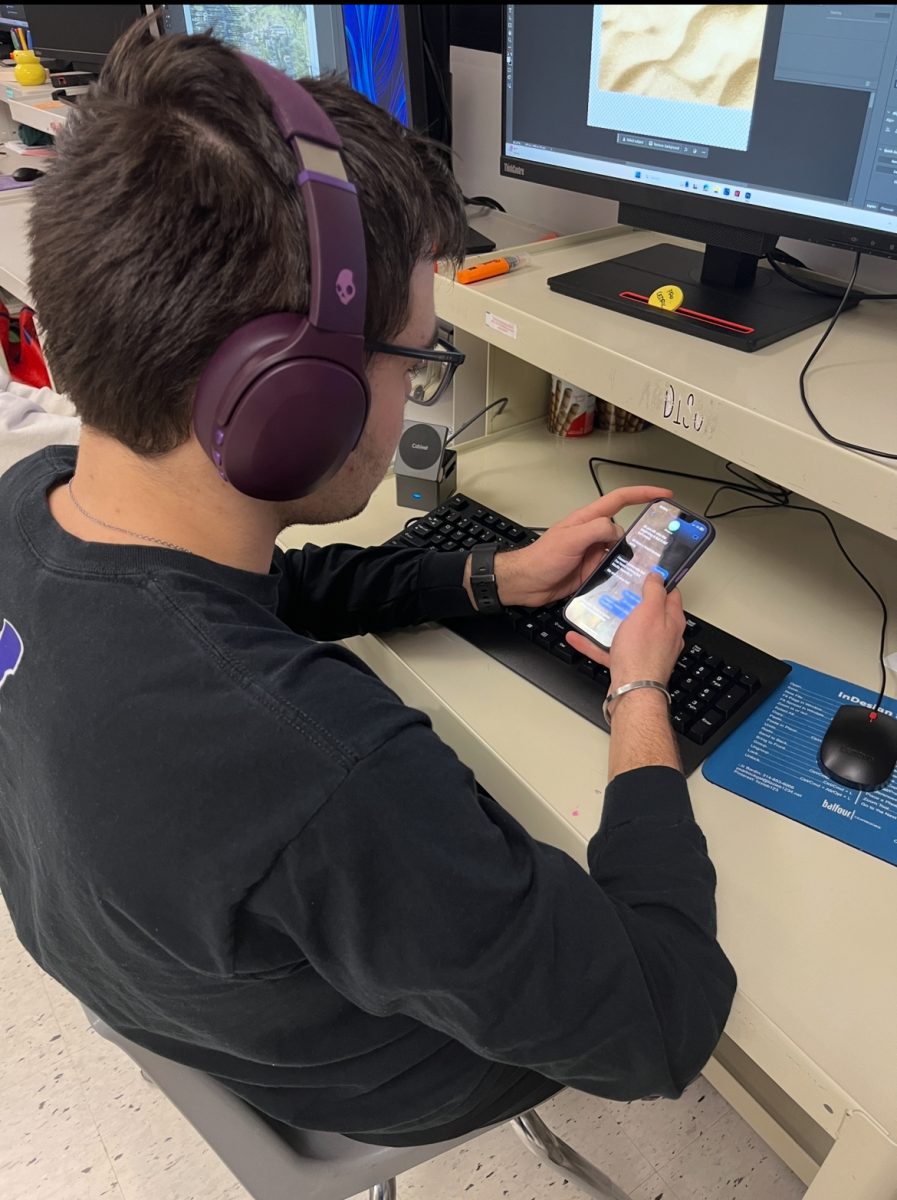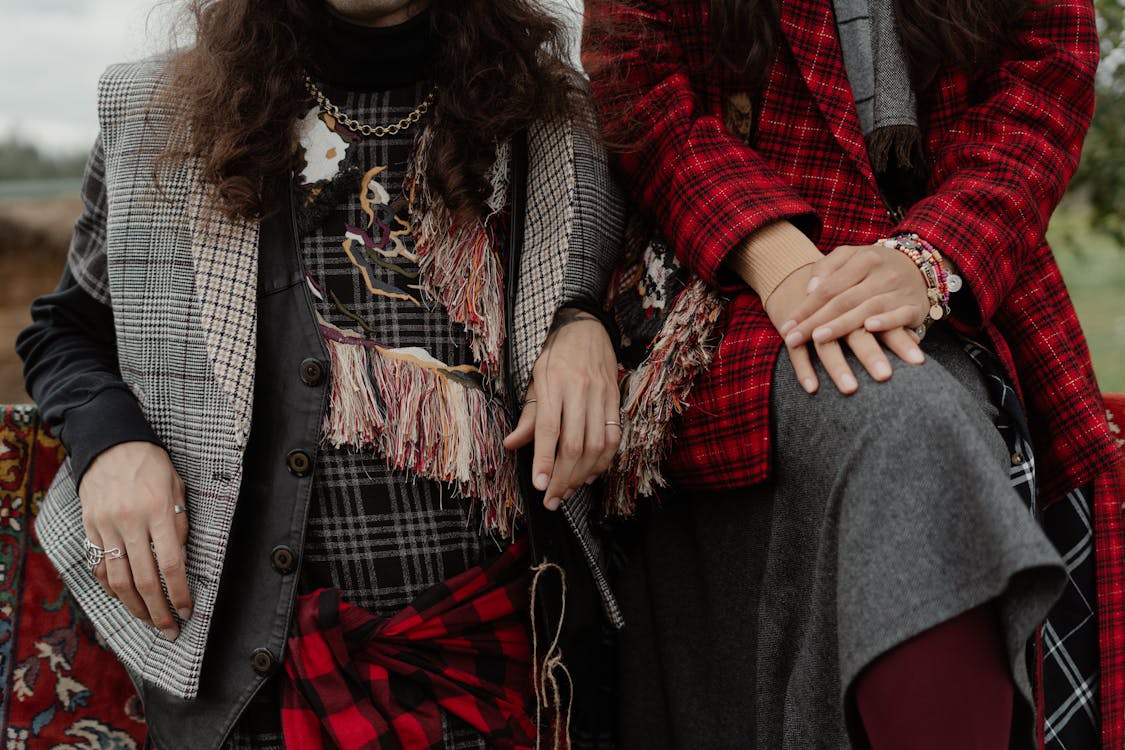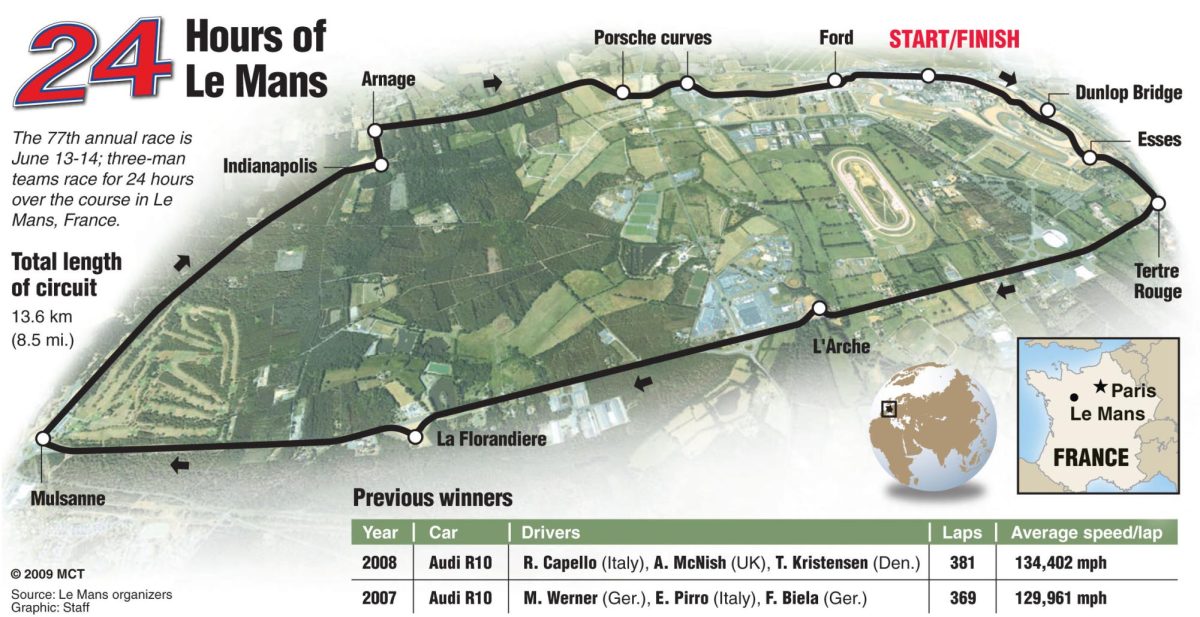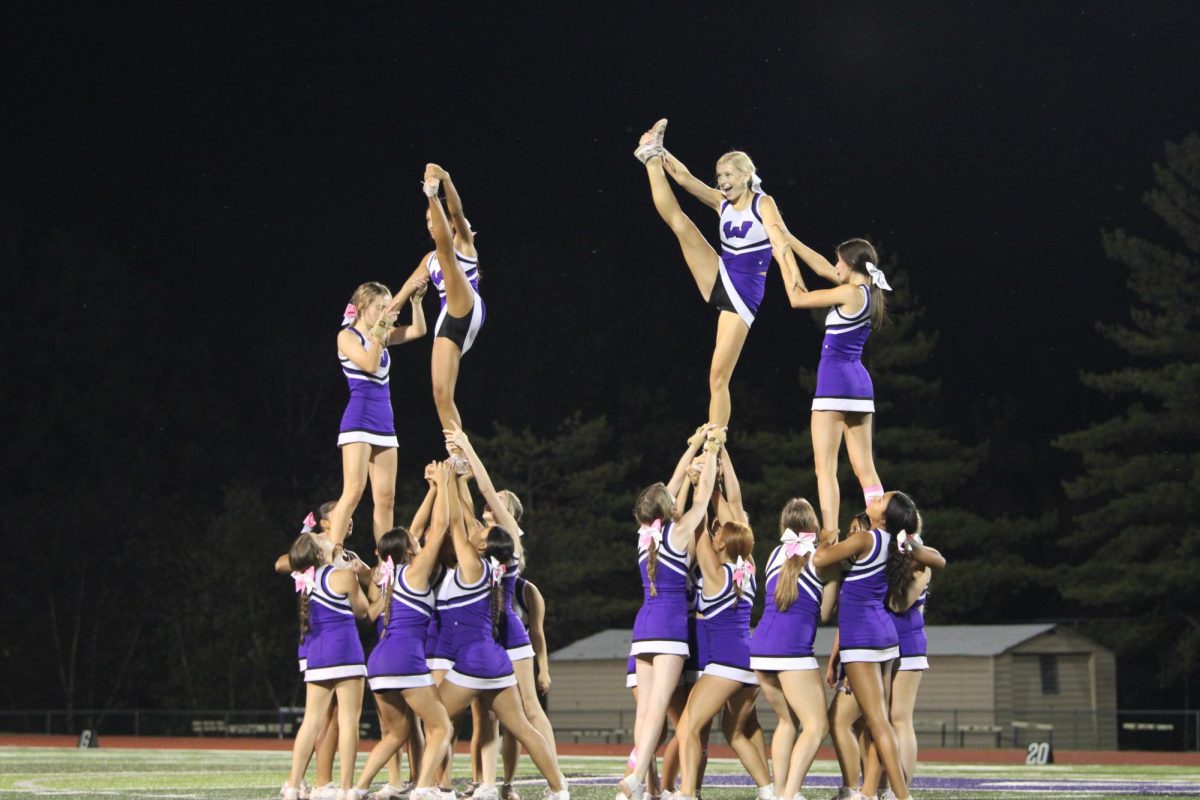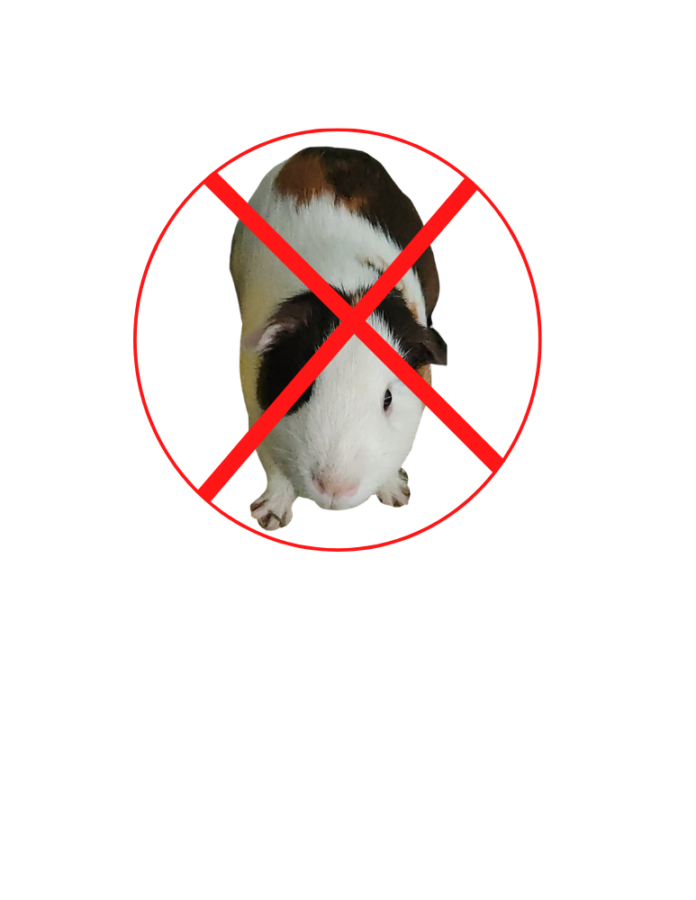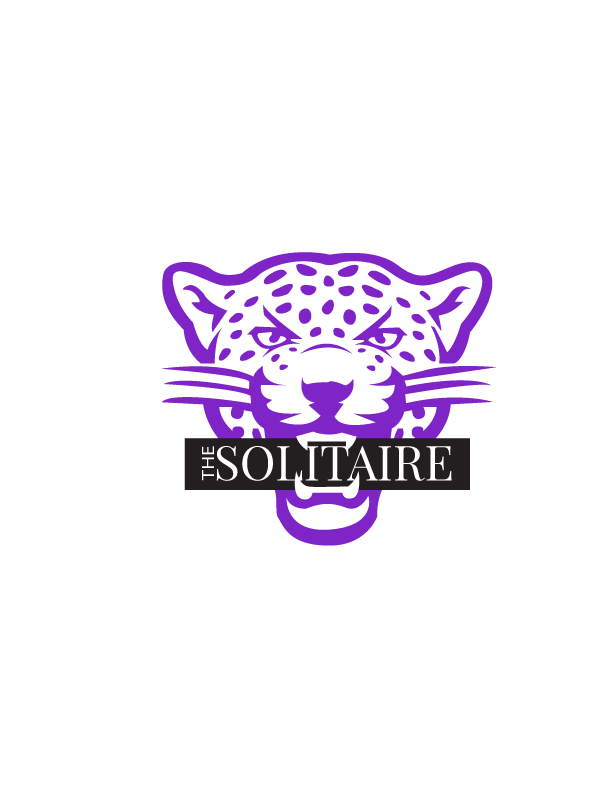Slang is a form of language that has carried on throughout generations, and it demonstrates how society works and evolves. Nowadays, it is common to hear older generations complaining about the way that the younger generations speak. However, those earlier groups had their own forms of slang that the prior ages had fussed over too.
“I would like to say that slang is something that is informal, it’s words or phrases that are used in common speech within a group of people,” history teacher Sean Baldwin said. “For example, people in their 40s might use different slang terms than high schoolers.”
The generations are as follows: from 1928 to 1945 is the Silent Generation, 1946 to 1964 are the Baby Boomers, Generation X is 1965 to 1979, Generation Y, also known as Millennials, was born from 1980 to 1994, 1995 to 2009 is the Generation Z and Generation Alpha was born from 2010 to 2024. Each of these groups had their own struggles and life-changing events that may have influenced how they spoke and behaved, according to mccrindle.com.au.
Silent Generation
The Silent Generation, also known as “Silents,” were known for being traditional and conformist, but were later rebellious in their coming-of-age years. The early-born in the group were facing the aftermath of World War II, as well as the Great Depression and the Dust Bowl. Despite those adversities, however, the economy eventually rebounded and flourished. The Silents were marrying young, buying their own homes and having families, but they were starting to feel unsatisfied with their lives. This developed into the people of the Silent Generation breaking free of their complacent existence and pursuing to change the world in any way they could, according to britannica.com.
The Beat movement developed, and the Silents used words from jazz musicians and poets. Words like “hip” and “mad” were popular with the generation. Other slang words that are not necessarily from artists were used. “Doll dizzy,” another term, means “girl-crazy.” On the other hand, “khaki wacky” meant “liking men in uniform.” Some lingo used by the Silents is still used or heard today. “Fuddy-duddy” means “old-fashioned,” “gobbledygook” was understood as “nonsensical,” “cooking with gas” meant “doing a good job,” “eager beaver” is someone excited about something and “a gas” indicated that something was fun, according to heywoodwakefield.com.
Baby Boomers
The baby boomers, also referred to as “boomers,” were marked by the large baby boom that occurred during the late 1940s to early 1960s. There are many reasons as to why the baby boom occured, including the fact that many adults were waiting to get married and have children during the Great Depression and World War II. However, the postwar period of time that followed had brought people who were interested in having children, for they saw the future as promising. The economy was doing better, so people were more comfortable with building their families, according to history.com.
During the boomers’ years, rock and roll sprung up, along with vinyl records, so music played a part in the development of the lingo in that period of time. Words that the boomers used included “beatnik,” a derogatory term for writers that described themselves with the word “beat,” “party pooper,” someone who ruins the fun of something and “supermurgitroid,” meaning “cool,” according to yourdictionary.com.
Generation X
Generation X, sometimes called the “middle child” generation, is often forgotten about when people discuss the various generations. There were more single parents, divorces and dual-income families than there were in previous generations. Many children were “latchkey kids,” which means that they came home to an empty house after school. There were also many economic issues during the time of Generation X. On another note, Generation X was also the first generation to have cable television largely available, according to britannica.com.
Generation X is widely known as a “chill” generation, so their slang often follows suit. “Peace out” was a way to say goodbye, and “peace” was a greeting. “Freaky deaky” is another term used to describe dances and music, but also meant “weird.” On another note, “knuckle sandwich” was first used in the 1970s, according to yourdictionary.com.
“Over the years of being a high school teacher, I have heard a lot of slang amongst the students,” English teacher Brenda Bohr said. “I think it’s important to the teenagers who use it to have their own vernacular.”
Generation Y
Generation Y, otherwise known as Millennials, were born in a more prosperous United States. They experienced the rise of the internet and had first access to things like computers. Millennials are known to use social media frequently for situations like updating friends about one’s life. Not to mention, there are multiple millennial pioneers for the online world, like Mark Zuckerberg, chief executive of Facebook, Kevin Systrom and Mike Krieger, founders of Instagram, and Zhang Yiming, who developed TikTok, according to britannica.com.
Millennials have various forms of slang that are still used today. “Bougie,” derived from the word “bourgeois,” is an adjective for arrogant people who act like they are richer than they truly are. “Cray,” or “cray cray,” stands for “crazy.” “Gucci” means good, and “slay” is to do something well. “Goals” is a way of admiring someone or something, or expressing slight jealousy, according to inns.innsofcourt.org.
“I hear a lot of [slang] on TikTok and [Instagram], and a lot of people my age are trying to teach people like me about the slang,” English teacher Bonnie Staudt said.
Generation Z
Generation Z, also called Zoomers or simply Gen Zers, has lived through large periods of change. Gen Z is often known as the most diverse generation, with many being minorities or identifying with the LGBTQ community. Nearly all Zoomers grew up with access to smartphones and social media, which led to them often being considered as the first true digital native generation.
“Cap” is one term that the generation made. It is often used in the phrase “no cap,” meaning that there is no lie. Another word, “drip,” means fashionable clothes. There is also the phrase “hits different,” which indicates that something affects a person in a way that other things similar to it may not, and “slaps” is similar by meaning excellence or greatness, according to dictionary.com.
“When it comes to slang and language, I’m really fascinated by it,” Staudt said. “You all (Gen Z) pick up on these slang words quickly, but it’s also interesting to me how you all learn to use these words.”
Generation Alpha
Gen Alpha, a shortened version of Generation Alpha, is currently the youngest generation. Gen Alpha experienced the COVID-19 outbreak when they were young, and a majority of their lives have been online, due to the rise in electronics and online content. The generation is constantly surrounded by social media and the internet, which has led to children being online more than in the past. Much of the slang used by prior generations did not become used until they were in their teenage years, but this recent generation is using new lingo before they enter middle school. That alone indicates how giving adolescents access to the internet can build who they are, according to britannica.com.
Generation Alpha has a variety of slang words. Some of these words are used by Gen Z in jest, but most of it came from Gen Alpha. For example, “skibidi” is a new term that arose last year. This word originated from a video created by Alexey Gerasimov in February of 2023, with the video simply being titled “skibidi toilet.” Children—Gen Alpha—on YouTube were captivated by the video of an animated toilet in Ohio, and the idea of the “skibidi toilet” became a series. Overall, skibidi has multiple meanings, so it mostly just matters in context for what it means in that particular moment. Another slang word that came from Gen Alpha is the word “rizz.” Believed to come from Twitch streamer Kai Cenat, it is a shortened version of “charisma,” and generally indicates an ability to be charismatic and charming.





